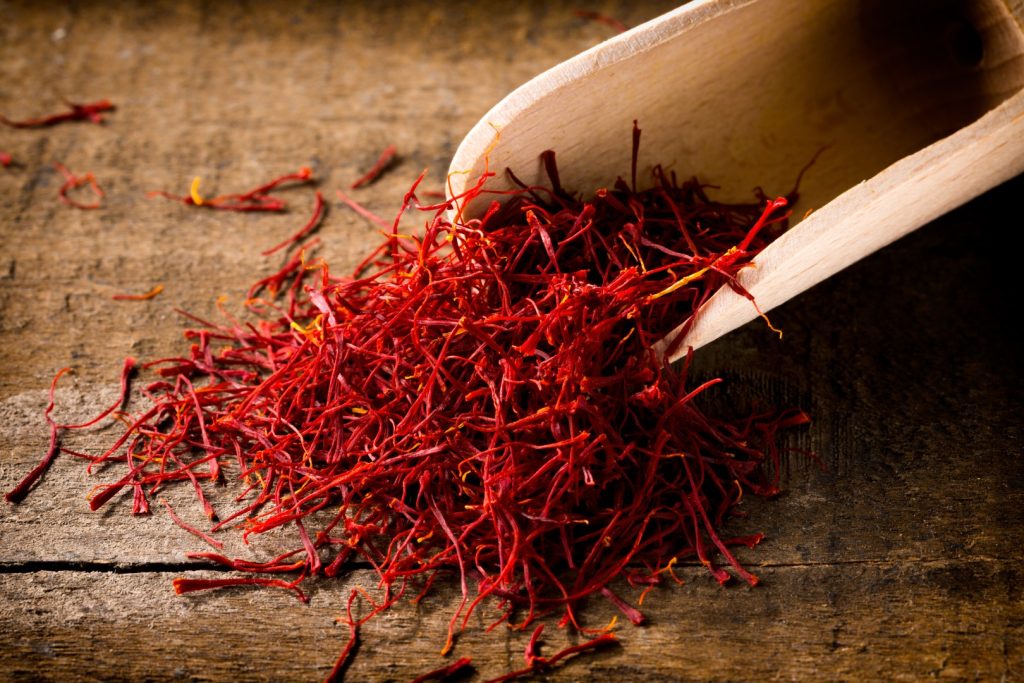“Why is it so big?” my mother asked, prodding the defrosted turkey with evident skepticism.
“Everything is bigger in America,” my father reminded her, nodding toward our oversized Oldsmobile parked in the garage. That car, the bane of my mother’s existence after a failed attempt to drive it, had dented every neighbor’s vehicle and sent a family of opossums packing.
It was Thanksgiving 1992, and three years into our life in America, my family decided it was time to embrace the holiday spirit. We had seen the ads and were intrigued by the promise of turkey and stuffing. So, we gave it our best shot, though with our own Persian twist.
“What do you put inside this turkey?” my father asked, peering into its cavity. My mother, ever resourceful, stuffed it with Persian kabob and rice, seasoned so generously with saffron and turmeric that the bird looked positively luminous. Around the table, there were no candied yams or green bean casseroles—just Persian rice, more Persian rice, and a frozen pumpkin pie that no one thought to defrost in time. We laughed, stuffed ourselves, and ended the night on our faux Persian rug, watching The Simpsons back when it aired on Thursdays.
Growing up, I often wondered why Americans reserved just one day to give thanks. As Iranian Jewish refugees, every day in America felt like Thanksgiving to my family. Shabbat, too, brought a weekly sense of gratitude, joy, and connection—a ritual that mirrored the spirit of Thanksgiving in so many ways.
For many Sephardi and Mizrahi Jewish immigrants, Thanksgiving became an opportunity to blend American customs with flavors and traditions from home. Iranian Jewish food writer Tannaz Sassooni recalls her family’s early attempts: “Turkey came in the form of haleem, a breakfast porridge with shredded turkey and wheat,” she says. Over time, her family incorporated more American dishes, adding quince and saffron to their turkey and cranberries to tahchin.
Some, like Journal editor David Suissa and Rabbi Daniel Bouskila, took a different approach. Suissa says, “We wanted the authentic American experience—turkey, stuffing, sweet potatoes, football. It was our way of saying thank you to this great country.” Similarly, Rabbi Bouskila’s family paused their Moroccan-Algerian feasts for one night to serve traditional Thanksgiving dishes, reflecting their gratitude for America.
Thanksgiving is not always sweet. In 2008, news of the horrific Mumbai attacks that claimed the lives of Chabad Rabbi Gavriel Holtzberg and others cast a shadow over our dinner. Last year, the aftermath of October 7 left many in shock and sorrow, and this year, our hearts remain heavy as we remember ongoing tragedies and loss.
Yet, Thanksgiving reminds us that even amid pain, gratitude is transformative. Taking a moment to reflect—perhaps even a moment of silence before the meal—can open our hearts to the light of resilience and the blessings we still hold.
Whether your turkey is stuffed with kabob or served with stuffing, the essence of Thanksgiving transcends recipes. It’s about connection, gratitude, and embracing the spirit of this great country. And for Jews, Shabbat is always close behind—a reminder that gratitude is a practice, not just a holiday.
Happy Thanksgiving.

